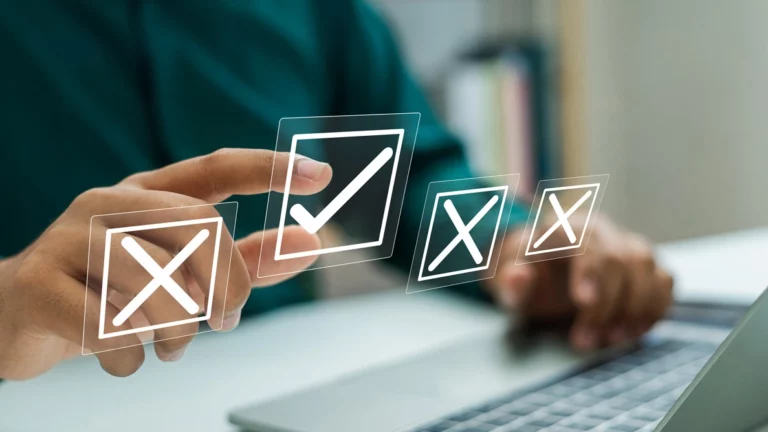The reform of electronic invoicing in France is about to radically transform the way businesses manage their commercial exchanges. With the deadlines fast approaching, the key question is: who is really affected by this obligation? The answer is simple: virtually all businesses subject to VAT in France. But let’s delve into the details to understand exactly who is affected, and when.
The principle: All businesses liable for VAT
The Finance Act for 2020 introduced this gradual obligation for all companies established in France and subject to VAT in their B2B (Business to Business) transactions. The aim is to simplify life for businesses, boost competitiveness, combat VAT fraud and improve real-time knowledge of economic activity.
In short, if your company issues or receives invoices with other French companies subject to VAT, you are affected.
A gradual roll-out: The Obligation Schedule
The introduction of electronic invoicing will not happen overnight for everyone. The government has opted for a phased roll-out, based on company size, to ensure a smooth transition.
Here is the updated calendar of obligations:
- 1st September 2026:
- All businesses, whatever their size,are required to receive electronic invoices. From this date, you must be able to receive invoices from your suppliers in electronic format.
- Obligation for large companies and medium-sized companiesto issue electronic invoices.
- 1st September 2027:
- Small and medium-sized enterprises (SMEs) and micro-enterprises (VSEs)must issue electronic invoices.
How do you define the size of your company?
The classification is based on the criteria defined by decree no. 2008-1354 of 18 December 2008:
- Large Enterprises (LE): More than 5,000 employees OR annual sales of more than €1.5 billion AND total assets of more than €2 billion.
- Intermediate-sized companies (ETI ): Between 250 and 5,000 employees OR annual sales not exceeding €1.5 billion AND balance sheet total not exceeding €2 billion (and not being an SME).
- Small and Medium-sized Enterprises (SMEs): Between 10 and 249 employees OR an annual turnover not exceeding €50 million OR a balance sheet total not exceeding €43 million (and not being a micro-enterprise).
- Micro-enterprises (TPE): Fewer than 10 employees OR annual sales not exceeding €2 million OR balance sheet total not exceeding €2 million.
What about special cases?
Although the general rule covers the majority of companies, there are a few nuances:
- International transactions (B2B International): For sales or purchases with companies located outside France, the e-invoicing obligation does not apply. However, you will be subject toe-reporting, i.e. the obligation to transmit transaction data to the tax authorities.
- B2C (Business to Consumer) transactions: Sales to private individuals are not concerned by the issue of electronic invoices in the strict sense. However,e-reporting will also apply to these transactions for the transmission of summary data.
- VAT-exempt activities: Companies that carry out transactions that are totally exempt from VAT (for example, certain liberal professions or associations) are not affected by the obligation to issue electronic invoices for these transactions, as they are not subject to VAT.
- Companies not established in France: They are not directly subject to this obligation if they are not liable for VAT in France.
Anticipating for a Smooth Transition
Whether you’re a large company with a tight deadline, or a very small business with a little more time on your hands, electronic invoicing is a reality that can’t be ignored. Anticipation is the key to a successful transition. Choosing a Partner Dematerialisation Platform (PDP) like Azopio, or any other solution tailored to your needs, is a crucial step.
Not only will it enable you to comply with future obligations, it also represents a major opportunity to optimise your internal processes, reduce costs and improve visibility of your cash flow.
Electronic invoicing is not just a regulatory requirement; it’s a major step towards more efficient and modern financial management for all businesses. Are you ready to take the plunge?




